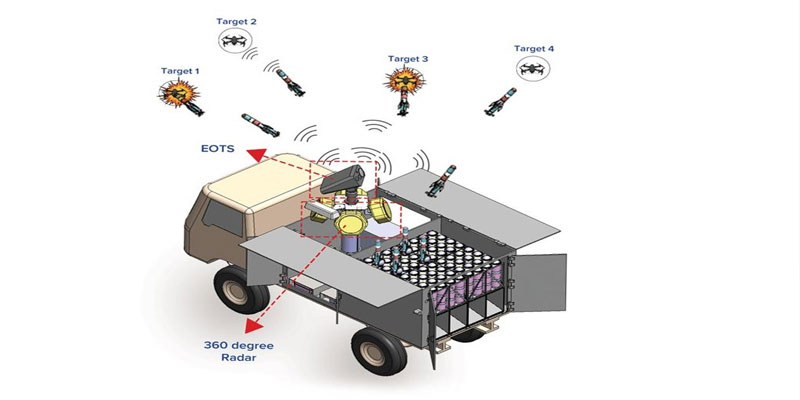The UN IPCC report on mitigation found that the world can afford to emit just 500 billion tonnes of CO2 from 2020 onwards. However, 50–80% of emissions from fossil fuels could still be avoided with currently available technologies.
As the world suffers the catastrophic impact of climate change, scientists say that the window to avoid 1.5 degrees Celsius rise in temperature is fast closing unless drastic actions are taken.

The Working Group-III of the Intergovernmental Panel on Climate Change under the United Nations said that 50-80 per cent of emissions from fossil fuels could still be avoided with currently available technologies, given that climate action is a key part of developmental plans for countries.
The report found that the world can afford to emit just 500 billion tonnes of CO2 from 2020 onwards for a 50 per cent chance of holding temperature rise to 1.5 degrees Celsius.
The panel found that reaching net-zero carbon emissions in the industrial sector is possible by managing demand, energy and materials efficiency, circular material flows, as well as abatement technologies, and transformational changes in production processes.
The report comes in the backdrop of two successive reports that found that human activities were at the core of climate change emissions and were the primary cause behind rising temperatures across the world. The panel found that greenhouse gas emissions have been on the rise from the period 2010-2019 and it was 12 per cent higher in 2019 than in 2012.

The panel looked at emissions from fossil fuel combustion and industrial processes, land use, and methane emissions. “Net greenhouse gas emissions have increased since 2010 across all major sectors globally. An increasing share of emissions can be attributed to urban areas,” the panel said in its draft report.
The report identified that reducing greenhouse gas emissions across the full energy sector requires major transitions, including a substantial reduction in overall fossil fuel use, the deployment of low-emission energy sources, switching to alternative energy carriers, and energy efficiency and conservation. Meanwhile, it stated that the reduction of carbon from the atmosphere will depend on a city’s land use, spatial form, development level, and state of urbanisation.
Prof. Navroz K. Dubash, Researcher at Delhi-based public policy think tank, Centre for Policy Research, and Coordinating Lead Author of the report said, “The unavoidable reality is that human emissions over this past decade have been the highest in history. Limiting warming to 1.5 degrees Celsius is out of reach without immediate and substantial short-term measures by 2030, in addition to long-term efforts to reduce emissions to net-zero.”





